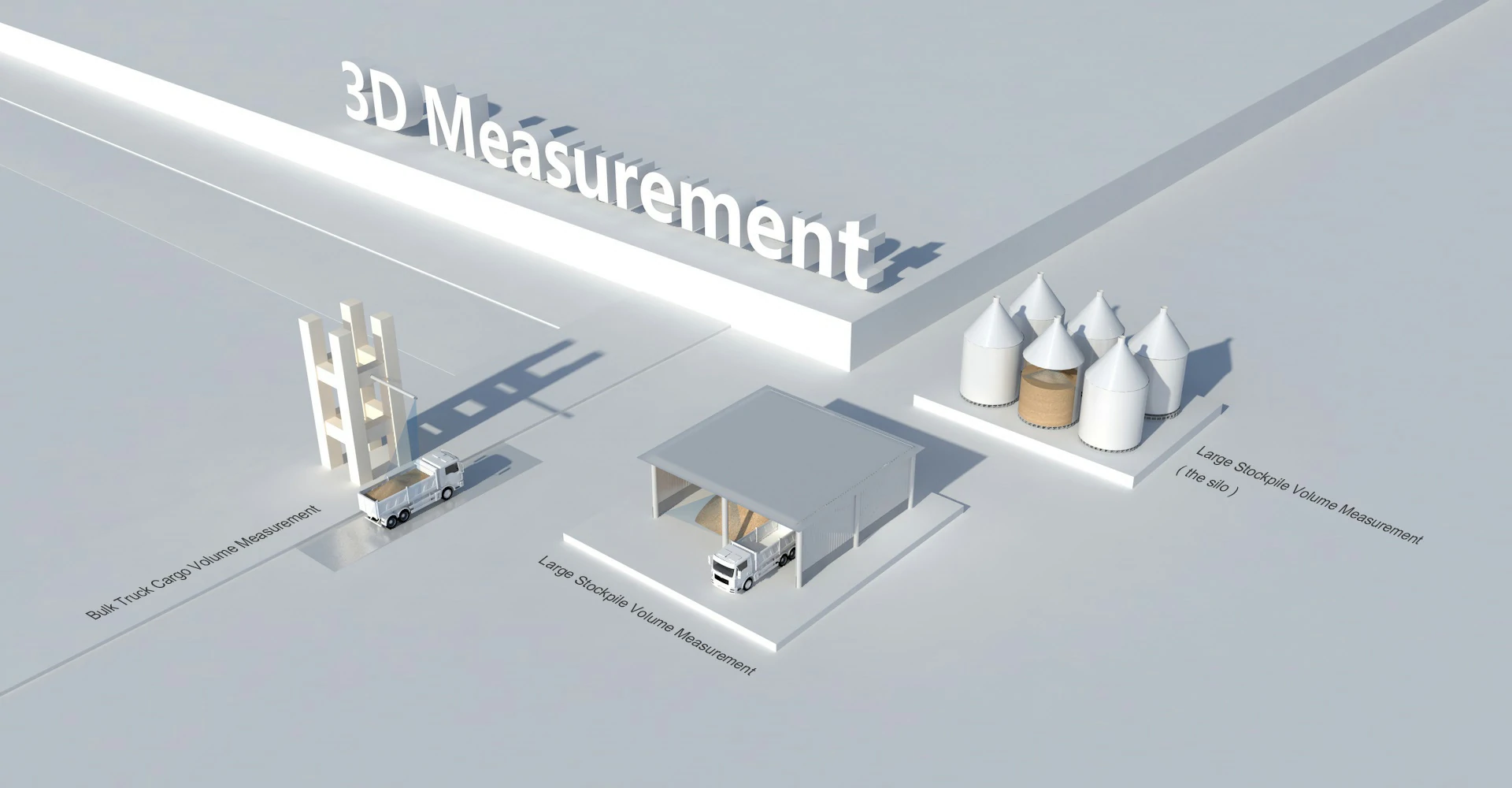
What is LIDAR AUTONOMOUS VEHICLES
LIDAR autonomous vehicles are self-driving vehicles equipped with Light Detection and Ranging (LIDAR) technology, which uses laser sensors to create detailed 3D maps of the vehicle's surroundings. These maps are then used by the vehicle's onboard computer system to navigate and make real-time decisions while driving. LIDAR technology allows autonomous vehicles to accurately detect and identify obstacles, pedestrians, and other vehicles on the road, enabling safe and efficient autonomous driving. In summary, LIDAR autonomous vehicles are self-driving cars that use advanced laser sensing technology to perceive and navigate their environment autonomously.
The Main Technology in LIDAR AUTONOMOUS VEHICLES
LIDAR technology is a key component in autonomous vehicles, enabling them to navigate and perceive their surroundings with precision. LIDAR, which stands for Light Detection and Ranging, uses laser beams to create detailed 3D maps of the vehicle's environment by measuring the time it takes for the light to bounce back from objects. This data is then processed by onboard computer systems to make real-time decisions about steering, acceleration, and braking. LIDAR technology plays a crucial role in ensuring the safety and efficiency of autonomous vehicles by providing accurate and reliable information about the surrounding environment. In summary, LIDAR technology is essential for autonomous vehicles to effectively sense and respond to their surroundings, making them capable of navigating roads and avoiding obstacles autonomously.


Applications of LIDAR AUTONOMOUS VEHICLES
LIDAR technology has revolutionized the capabilities of autonomous vehicles by providing high-resolution 3D mapping and object detection. This has enabled a wide range of applications for LIDAR-equipped autonomous vehicles, including self-driving cars, delivery drones, agricultural machinery, and industrial robots. In the automotive industry, LIDAR helps vehicles navigate complex environments, avoid obstacles, and improve safety on the road. Delivery drones use LIDAR to accurately detect and avoid obstacles during flight, ensuring efficient and safe deliveries. In agriculture, LIDAR-equipped machinery can precisely map fields, monitor crop health, and optimize farming practices. Industrial robots benefit from LIDAR's precise object detection and navigation capabilities, enhancing automation in manufacturing processes. Overall, the applications of LIDAR in autonomous vehicles are diverse and impactful, driving innovation across various industries.
Benefits of LIDAR AUTONOMOUS VEHICLES
Lidar autonomous vehicles offer a range of benefits that make them an attractive option for the future of transportation. One key advantage is their ability to accurately detect and map their surroundings in real-time, allowing for precise navigation and obstacle avoidance. This technology enhances safety on the road by reducing the risk of accidents caused by human error. Lidar systems also enable vehicles to operate in various weather conditions and lighting environments, making them more reliable than traditional camera-based systems. Additionally, lidar autonomous vehicles have the potential to improve traffic flow and reduce congestion by optimizing routes and speeds based on real-time data. Overall, the integration of lidar technology in autonomous vehicles promises to revolutionize the way we travel, offering a safer, more efficient, and sustainable mode of transportation.

LiDAR in Construction Monitoring
Neuvition's Titan series LiDAR sensors offer high-precision 3D scanning capabilities
ideal for construction site monitoring. The Titan M1 series, with its long-range and
high-resolution features, can capture detailed site data for accurate progress tracking
and volumetric measurements.
Neuvition LiDAR Products Overview

Titan S2
Specialized for specific industrial uses.
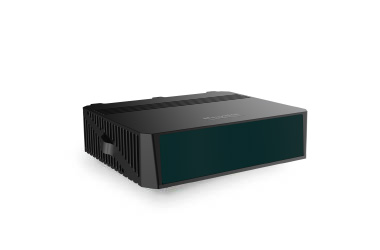
NeuX1
Next-generation LiDAR technology with enhanced capabilities.
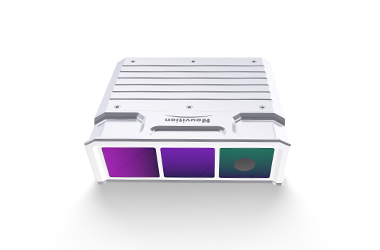
Titan M1 Series
Long-range, high-resolution LiDAR sensors for various applications.

Titan W1
Designed for wide-angle scanning in challenging environments.
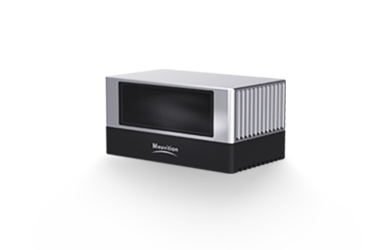
Titan P1
Compact and versatile for mobile and robotics applications.
Neuvition LiDAR Products Overview
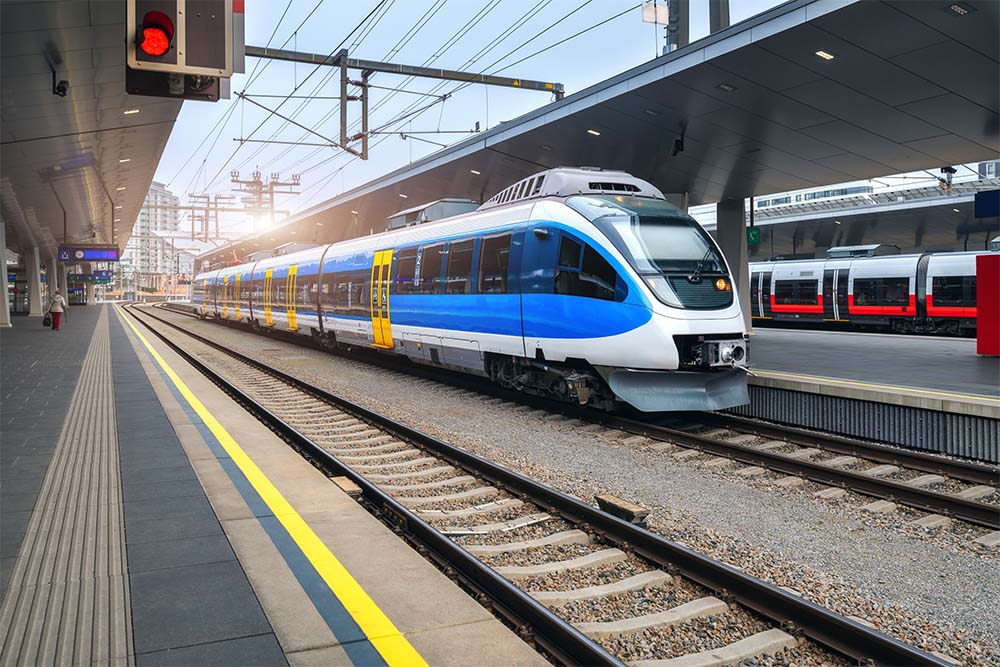
Railway Collision Avoidance
Enhancing safety in rail transportation.
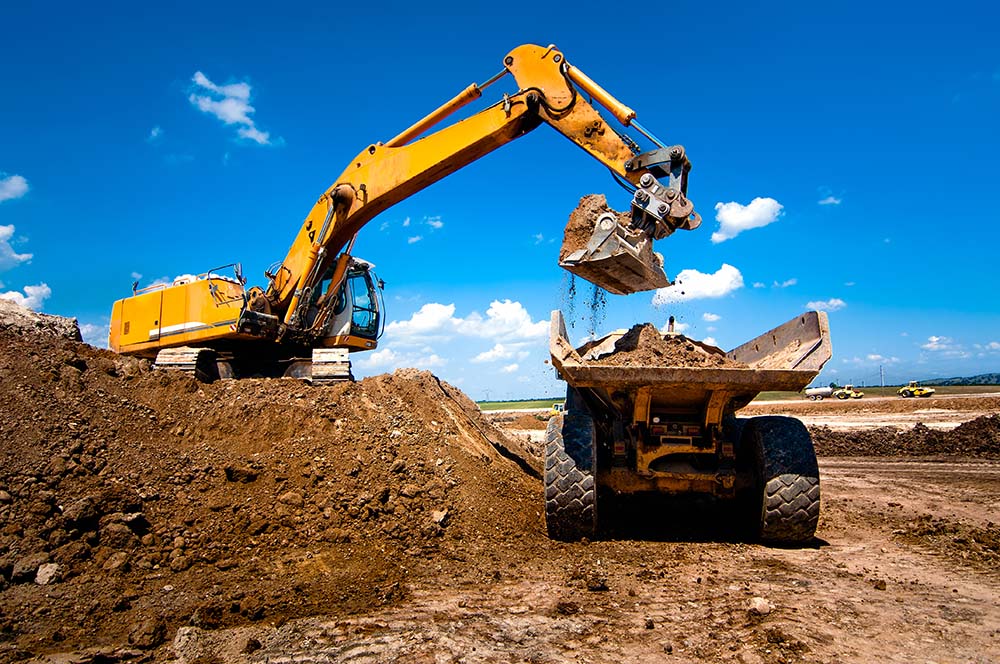
Volume Measurement
Accurate 3D volume calculations for industries like mining and construction.
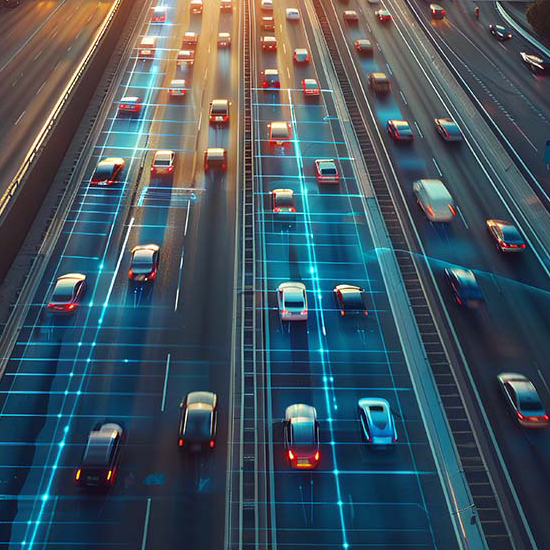
Smart Highway
Improving road safety and traffic management.
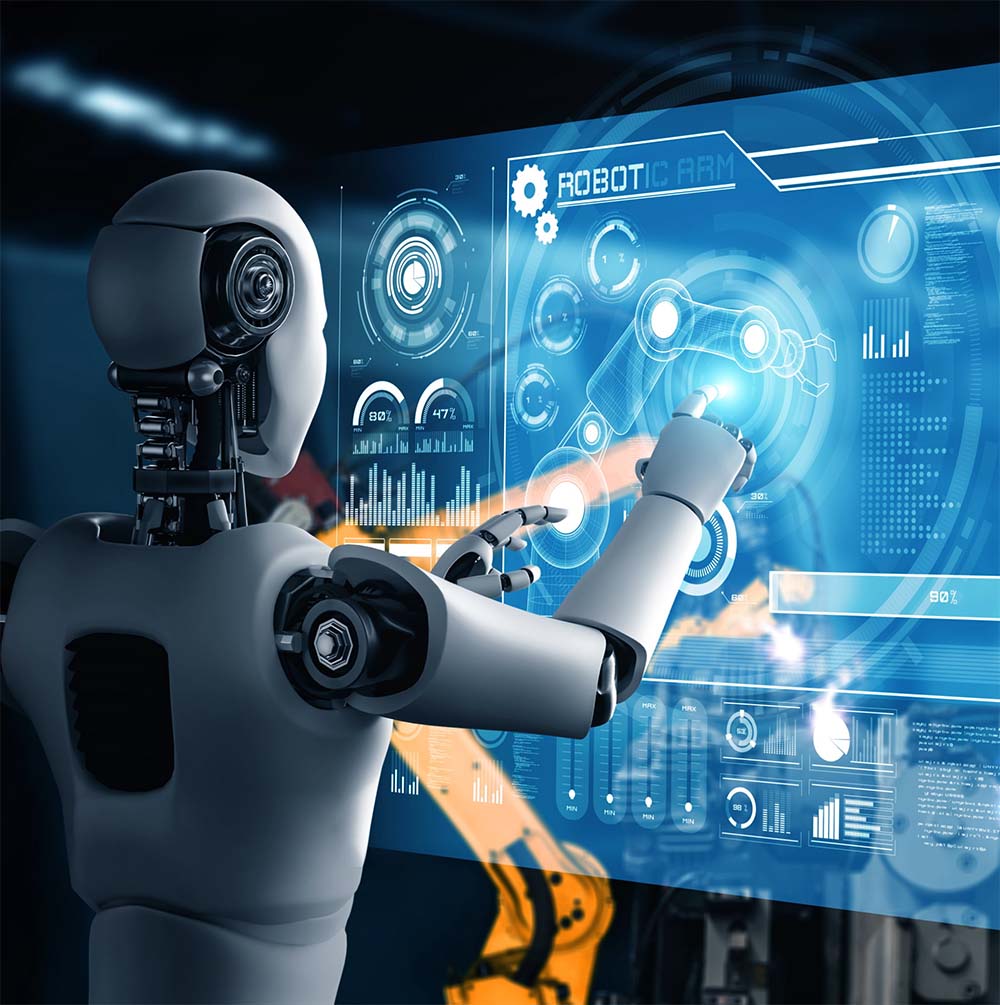
Robotics
Enabling precise navigation and object detection for autonomous robots.
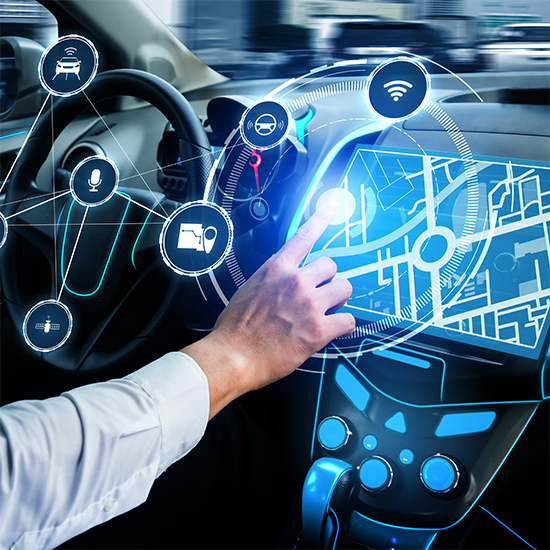
Autonomous Driving
Advanced sensing for self-driving vehicles.
Application Areas of LiDAR
Benefits of Using LiDAR

High accuracy and
precision in 3D mapping

Real-time data
collection and processing

Ability to penetrate vegetation
and capture ground topography

Efficient large-scale
surveying and mapping

Enhanced safety in
autonomous systems

Improved decision-making
with detailed spatial information
Software Solutions for LiDAR
Neuvition provides software solutions to complement its hardware, including point cloud processing and analysis
tools, real-time visualization software, a data integration platform for enterprise applications, and customized
algorithms tailored to specific industry needs.

Success Stories
MetroInnovate Urban Solutions improved traffic flow by 15% after implementing Neuvition's Smart Highway system. Emily Parker, the Director of Smart City Development, played a key role in deploying this system to enhance urban traffic management and reduce congestion.

BuildMaster Construction reduced project timelines by 20% using Neuvition's LiDAR-based site monitoring solution. Michael Thompson, the COO, led the adoption of this technology, focusing on improving efficiency and project management.

DeepCore Mining increased excavation efficiency by 25% with Neuvition's volume measurement solution. Robert Lin, the Head of Operations, was instrumental in integrating this technology to optimize resource extraction and operational productivity.

FAQ












Contact Us
If you have any questions or suggestions, please leave a message, we will get in touch with you within 24 hours!
